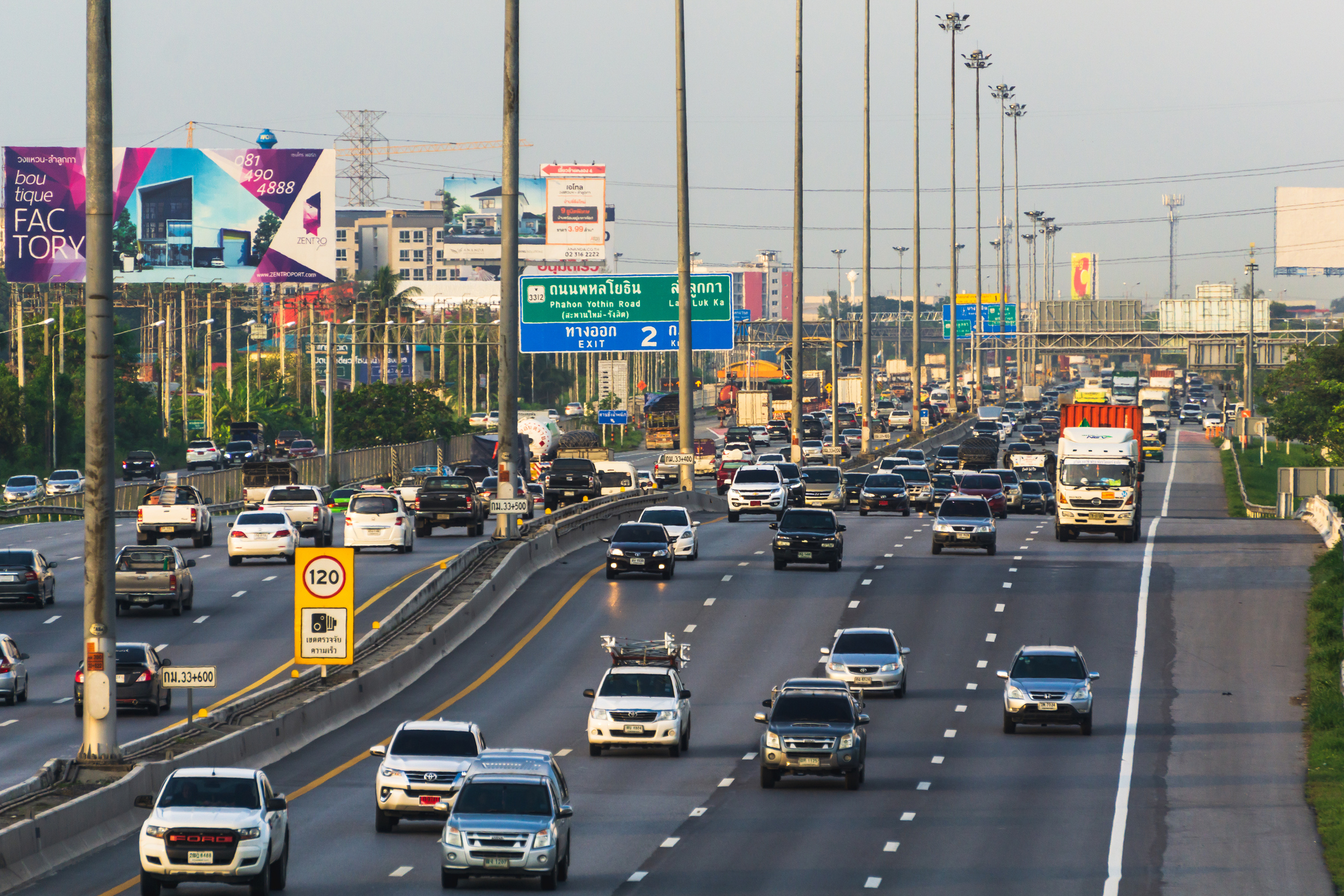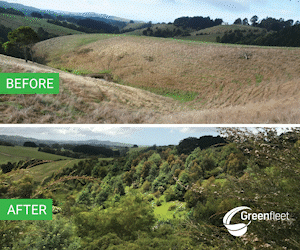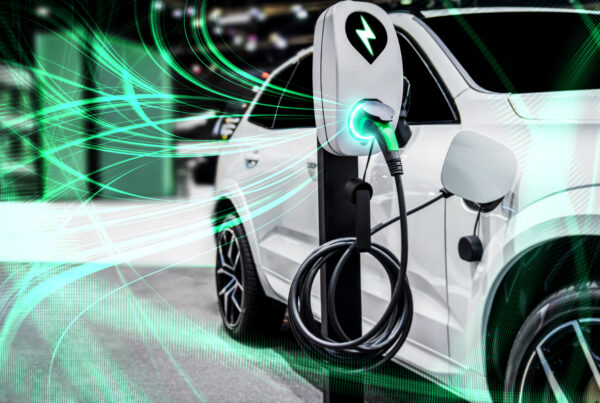Thailand ended the year 2024 with significant slumps in vehicle sales and manufacturing. The country’s sales have reached the lowest figures in 14 years. Known for their local automotive industry, Thailand’s sluggish performance in the last year could threaten this reputation.
2024 SLUMP
Thailand’s December car sales decline significantly on-year by 26.2 per cent and 11 percent compared to the previous month. The country ended 2024 with 572,675 units sold, the lowest number since 2014. December’s sales amounted to only 67,473 units, unable to reach the Electric Vehicle Association of Thailand’s (EVAT) projection of 80,000 units.
According to Federation of Thai Industries (FTI), declining sales can be attributed to stricter bank loan approvals and “higher household debt.” Nationwide, the rejection rate is currently at 70 per cent while holding the highest household debt in Southeast Asia. To alleviate this, the Thai government has plans to release “debt-relief measures” for those who are facing difficulty with paying back their loans.
Meanwhile, manufacturing decreased by 20 per cent in 2024 to 1.47 million units on-year and by 17.4 per cent compared to November 2024. This marks the fourth consecutive year and seventeenth consecutive month of decline with a total of 104,878 units produced for the month of December. The slump may be attributed to “global economic uncertainties, rising production costs, and weakened consumer demand both locally and internationally.”
SOLUTIONS IN 2025
The FTI expects the local industry to recover in 2025 albeit only modestly. According to Paisitpattanapong, the organisation predicts that a “states incentive scheme” requiring electric vehicles (EVs) will improve local auto production and sales figures.
In the meantime, Thailand’s Ministry of Labour recently announced an EV training programme for 2,000 engineers and technicians. This programme aims to answer a demand for skilled workers for the EV sector of the local auto industry. Currently, it is managed by the Department of Skill Development (DSD) and is expected to update workers’ skills with current EV technology.
“The EV industry is becoming a core sector in Thailand, with a goal to position the country as a regional hub for making electric cars and motorcycles. Our department is ready to produce skilled workers to cater to the industry,” said DSD director-general, Decha Pruekphathanarak.
Dominated by Chinese brands, experts predict that the Thai EV market may see sales increase by 40 per cent in the coming year. Consequently, the Thai government created a financial programme that incentivises 1.5 locally produced vehicles per vehicle imported from 2022 to 2023. The incentive includes a tax break for companies that meet its requirements. The country’s Board of Investment (BOI) adjusted the incentive program, adding a “battery production timeline” and additional incentives for hybrid vehicles. The BOI is hoping to curve worries of oversupply and rising prices of EVs.
Was this article informative? Let us know by leaving a like!














